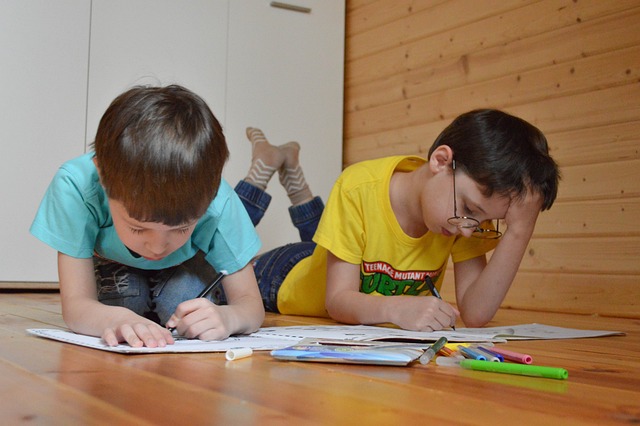

2023-08-30 02:58:01
Homeschooling is the practice of educating children at home rather than in a traditional school setting. It has been around for centuries, but it has become increasingly popular in recent years. There are many reasons why parents choose to homeschool their children, including religious beliefs, dissatisfaction with the public school system, and the desire to provide a more individualized education.
History of Homeschooling
The practice of homeschooling can be traced back to the early days of Christianity. In the 16th century, the Protestant Reformation led to an increase in homeschooling as parents wanted to teach their children about their faith. Homeschooling continued to be popular in the United States until the early 20th century, when compulsory schooling laws were enacted.
In recent decades, there has been a resurgence of interest in homeschooling. This is due in part to the growing dissatisfaction with the public school system. Parents are concerned about the rising levels of violence and bullying in schools, as well as the lack of academic rigor. They also believe that they can provide a better education for their children at home.
The Pros and Cons of Homeschooling
There are many pros and cons to homeschooling. Some of the potential benefits include:
More individualized attention: Homeschooled children typically receive more individualized attention from their parents or tutors. This can help them to learn at their own pace and to focus on their areas of interest.
Flexibility: Homeschooling can be more flexible than traditional schooling. Parents can tailor the curriculum to their child's needs and interests, and they can adjust the schedule to fit their family's needs.
A focus on character development: Homeschooling parents can emphasize character development in addition to academics. This can include teaching children about values, morals, and responsibility.
Avoidance of bullying: Homeschooled children are not exposed to the same level of bullying as children in traditional schools. This can be a major benefit for children who are shy or who have been bullied in the past.
Some of the potential drawbacks of homeschooling include:
Socialization: Homeschooled children may have fewer opportunities to socialize with other children. This can be a problem if they do not have other homeschooled friends or if they do not participate in extracurricular activities.
Parental workload: Homeschooling can be a lot of work for parents. They need to be prepared to take on the role of teacher, tutor, and administrator.
Lack of resources: Homeschooling parents may not have access to the same resources as traditional schools. This can make it difficult to provide a well-rounded education.
Regulations: Homeschooling regulations vary from state to state. Parents need to make sure that they are complying with the laws in their area.
How to Get Started with Homeschooling
If you are considering homeschooling your child, there are a few things you need to do to get started:
Do your research: There is a lot of information available about homeschooling. Read books, articles, and websites to learn more about the pros and cons of homeschooling.
Talk to other homeschoolers: Talk to other homeschoolers to get their advice and support. They can share their experiences and help you to get started.
Choose a curriculum: There are many different homeschooling curricula available. Choose one that fits your child's needs and interests.
Create a schedule: Create a schedule that works for your family. This will help you to stay organized and on track.
Get involved in the community: There are many homeschool groups and activities available. Getting involved in the community will help your child to socialize and learn from other homeschoolers.
Homeschooling can be a great option for families who are looking for a more individualized education for their children. However, it is important to weigh the pros and cons carefully before making a decision. If you are considering homeschooling, I encourage you to do your research and talk to other homeschoolers.
www.grade1to6.com is a website that provides math and English worksheets for students in grades 1-6. The worksheets are aligned with the PYP, Common Core, National curriculum of England, Australian, New Zealand, Singapore, CBSE, and other leading curricula of the world, and they are designed to be engaging and interactive.
Here are some specific examples of how www.grade1to6.com can help students and schools:
Math worksheets: The math worksheets on the website can help students develop their math skills, such as addition, subtraction, multiplication, and division. They can also help students develop their problem-solving skills.
English worksheets: The English worksheets on the website can help students develop their English skills, such as reading comprehension, writing, and grammar. They can also help students develop their vocabulary. Your child is heading to first grade! After the year in kindergarten, your first grader will be ready for some amazing growth. For many children, first grade is the year that they bloom as readers and mathematicians. Get ready to support your child’s mathematical growth by learning about first grade math skills.